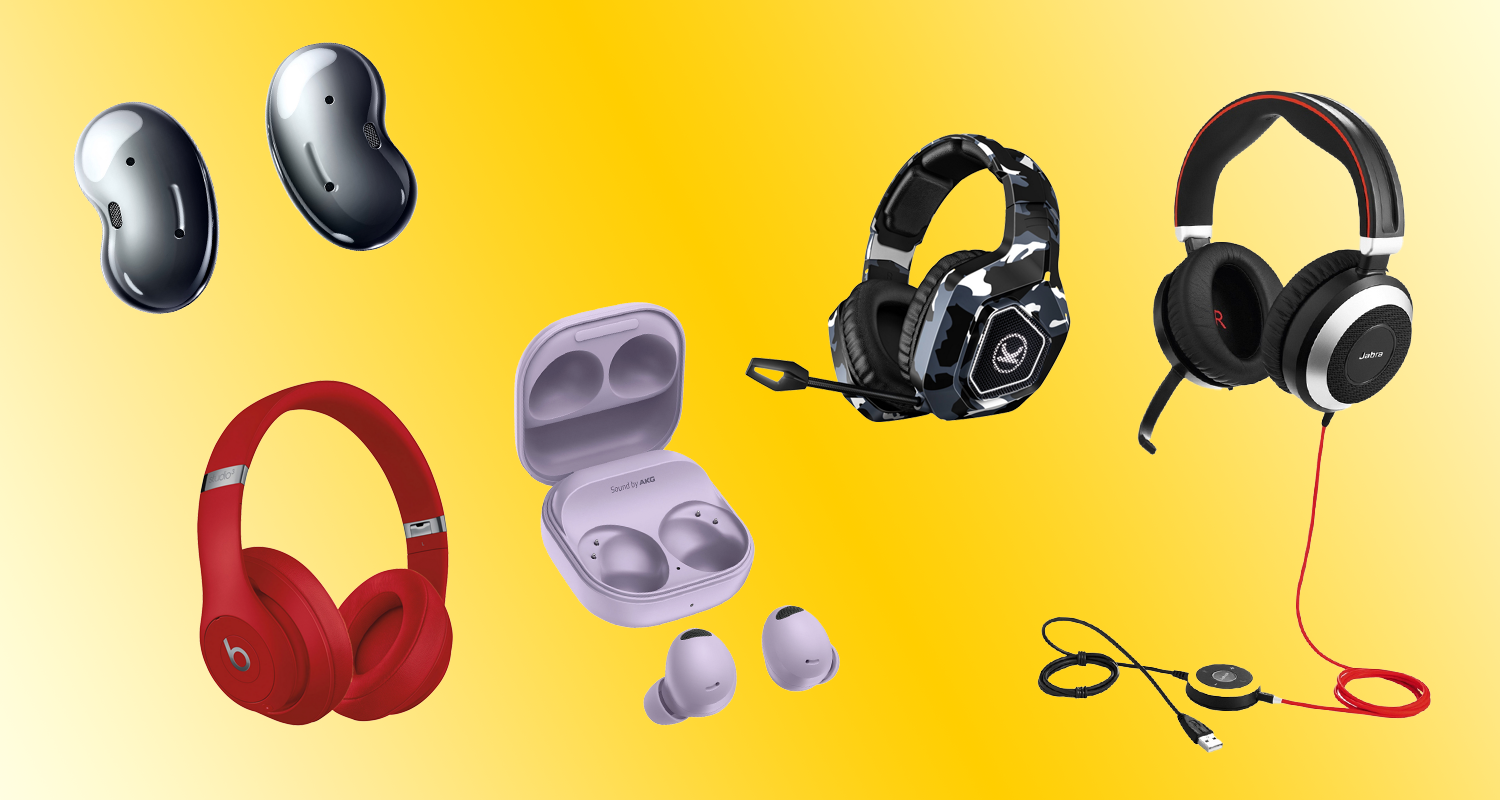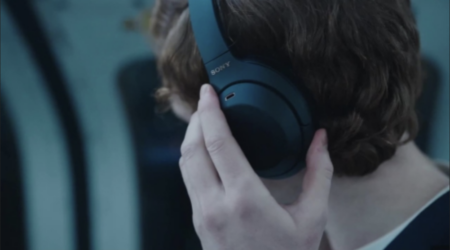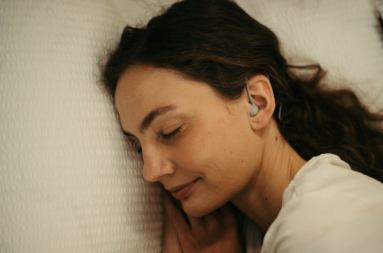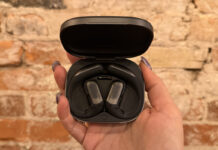
The best noise cancelling headphones and earbuds are those that offer a mix of active and passive noise cancellation, allowing you to retreat from the world around you. They come in various forms, including over-ear headphones, earbuds, and even specialized versions for sleep. Here’s how you can determine which features of noise cancelling headphones are important to you.
In-ear and over-ear noise cancelling headphones
When choosing between in-ear (earbuds) and over-ear noise cancelling headphones, there are several factors to consider that cater to individual preferences, comfort, portability, and specific use cases. Here’s a breakdown:
In-ear headphones
- Portability: Being smaller and lighter, noise-cancelling earbuds are easy to carry around and are a great choice for those always on the go.
- Fitness activities: Often designed with secure fits, earbuds are suitable for workouts and running.
- Noise isolation: Depending on the fit and material, earbuds may offer good passive noise isolation.
- Comfort: Earbuds can be less comfortable for extended wear for some users.
- Battery life: If wireless, consider all-day battery life, especially for active noise cancelling models.
- Sound quality: Some in-ear models offer excellent sound quality but quality varies significantly between models.
Over-ear headphones

- Noise cancellation: Models typically offer superior active noise cancellation due to their circumaural design.
- Comfort: Often more comfortable for extended wear as they don’t press directly into the ears.
- Sound quality: Generally provide a fuller sound experience with more pronounced bass and clear highs.
- Size: Over-ears are bulkier, which might make them less suitable for travel or outdoor activities.
- Battery life: Consider ample battery life, especially if you opt for a wireless model with active noise cancellation.
Making the right choice between in-ear and over-ear noise cancelling headphones requires understanding your daily routines, listening habits, and preferences in comfort and style. From casual listeners to audiophiles, considering these aspects will guide you to the perfect pair for your unique needs.
What are the best noise cancelling headphones to use as earplugs?
When selecting noise cancelling headphones to use as earplugs, look for models explicitly designed to block out environmental noise. The best noise cancelling earbuds for this purpose will feature strong passive noise cancellation that relies on physical design to block out external noise and optionally, active noise cancellation as well that uses microphones to neutralize outside sounds. If you intend to use such earphones as ear plugs during sleep or for long hours, they must have a comfortable fit inside the ear and have a long enough battery life for wireless use.
What are the best noise cancelling earbuds for sleeping?

Similarly to use as earplugs, noise cancelling earbuds used for sleep must be comfortable for multi-hour wear and have a compact design that doesn’t protrude much to avoid discomfort while lying on them. Both active and passive noise cancellation is beneficial in earphones for sleeping, as well as a battery life that can last through the night on a single charge. Hypoallergenic materials and no-tangle wire solutions are also important to ensure comfort during the night.
What should I consider when looking for the best noise cancelling headphones for autism?
Often, children and adults with Autism Spectrum Disorder feel overstimulated in loud and chaotic environments, which can make them feel overwhelmed and stressed. In these situations, noise cancelling headphones can be very helpful to block out sound and restore a sense a calm. Here are some aspects to consider when looking for noise cancelling headphones for autism:
- Comfort: Soft padding and adjustable bands to fit different head sizes without causing discomfort.
- Noise cancellation strength: Ability to reduce sudden, loud noises that may cause distress.
- Sensitivity adjustments: Customizable sound profiles to suit the individual’s sensory needs.
- Durability: Must be robust enough for daily usage.
- Wired or wireless: The solution depends on preferences and potential sensitivities to Bluetooth.
Do the best noise cancelling headphones use Bluetooth?
Many of the best noise cancelling headphones indeed offer wireless Bluetooth connectivity, with features like:
- High-quality connection: Uses the latest Bluetooth standard to ensuring seamless audio without lag.
- Compatibility: Works with various devices and connects to multiple devices at a time.
- Battery life: Wireless headphones generally last anywhere from 4 to 16 hours on a single charge
- Sound quality: The best wireless noise cancelling headphones ensure that the convenience of wireless connection doesn’t compromise sound quality.
Do noise cancelling headphones have a microphone?
Yes, the best noise cancelling headphones include microphones that bring more convenience during use. Specialized microphones emit sounds and frequencies to cancel out environmental noise. This helps make communication clear and easier to hear. Microphones are also beneficial when gaming or making personal or business calls. The microphone’s position, quality, and distance from the mouth affects how well it picks up your voice, so it’s important to test or ensure your noise cancelling headphones have effective microphones.

There are several factors that go into choosing the most suitable noise cancelling headphones for your various specialized needs. Understanding these aspects will help you make informed decisions based on their unique requirements. Whether you are seeking the best noise cancelling headphones for immersive music experiences, specific needs like sleeping, or require a high-quality microphone for professional use, the guides above will help you make the right chocie. Explore the vast range of best noise cancelling headphones at Best Buy to find the perfect pair for your unique needs.
This article was drafted using AI technology and then reviewed, fact-checked, and revised by a member of our editorial team.




